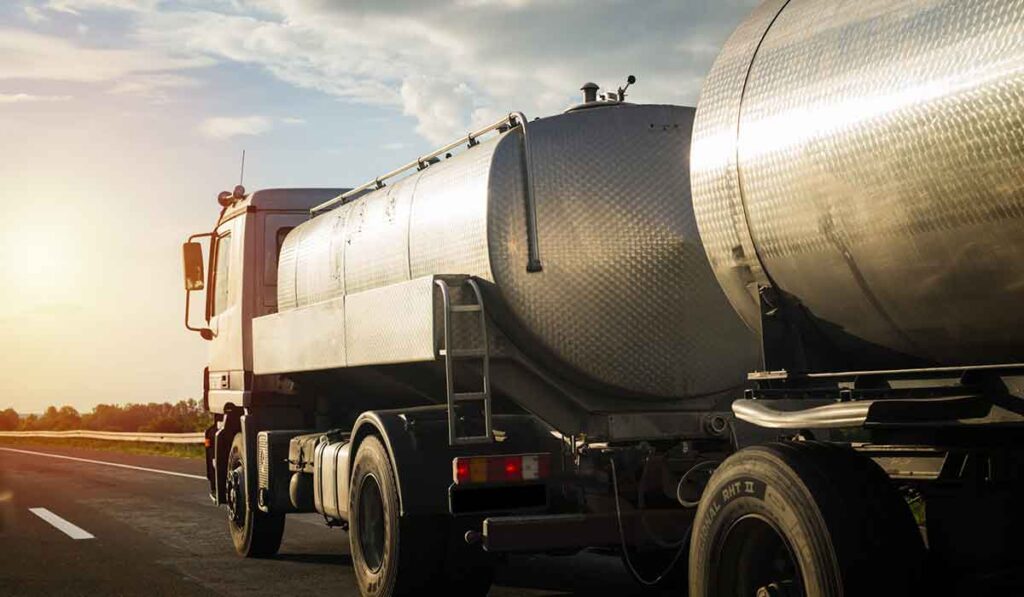The characterization of dangerous activity for employees who transport fuel in the vehicle’s tank, until then unregulated by the CLT, depended exclusively on case law and the Ministry of Labor’s Regulatory Standard 16.
The lack of a law on the subject made employers susceptible to paying the hazardous duty surcharge, because items 16.6.1 and 16.6.1.1, included in NR-16 in December 2019, were often disregarded in decisions, which ended up condemning companies to pay the surcharge solely because the activity was carried out in a vehicle that depended on the use of fuel for its operation.
The Superior Labor Court considered the volume of fuel in the vehicle’s tank, and when it exceeded 200 liters of capacity, it equated the driver with workers who transport flammables, although this was not supported by the CLT or NR 16 – which since 2019 excludes flammables from vehicles’ own consumption tanks for the purposes of dangerousness.
Law 14.766/2023, passed on December 22, 2023, applies to fuel contained in the tank of buses or trucks, including the supplementary tank. The new legislation excludes the characterization of flammables in original factory fuel tanks, certified by the competent body, for the own consumption of cargo vehicles, public passenger transport, machinery and equipment, as well as in cargo refrigeration equipment.
The trend, with the existence of a specific provision in the CLT, is to definitively end the controversy on the subject and, consequently, bring more legal certainty to companies, which will not depend on the understanding of the Courts to know whether or not the activity explored is dangerous. The legislation is exhaustive and presents clear and defined text on the use of flammable liquids during the activity.
It is also worth noting that the new legislation no longer affects the company’s choice of vehicle for transporting flammable liquids, so the employer doesn’t have to worry about the size of the tank or the amount of fuel. If the company used to opt for a small vehicle to transport dangerous products, it can now use a larger vehicle to make a trip, for example. This will save companies money.
The new law has been in force since December 2023 and, although it did not specifically address cases involving employment contracts that began before the law, its validity is immediate and general. Even for current employment contracts, the hazard bonus is a salary-condition and must only be paid when the causative agent is present. Thus, if there is no such agent, there is no way to grant the worker the hazard bonus, even if the contract began before this legislation came into force.
However, it is important to follow the decisions, because even though the tendency is for the legislation to be applied immediately to employment contracts that have already begun, as happened with the changes brought about by the Labor Reform, the legislation did not specifically deal with this situation.
If you have any questions on the subject, our labor team is available to answer them.








